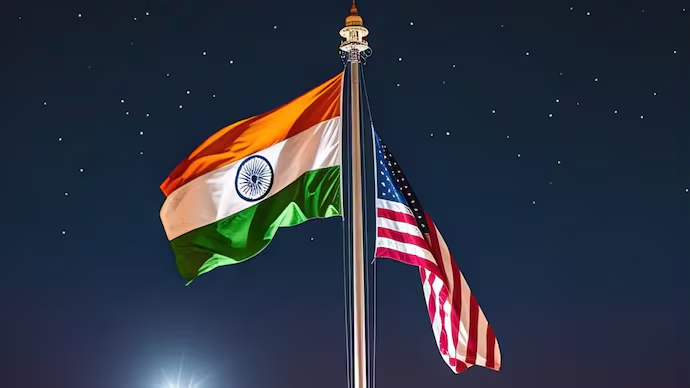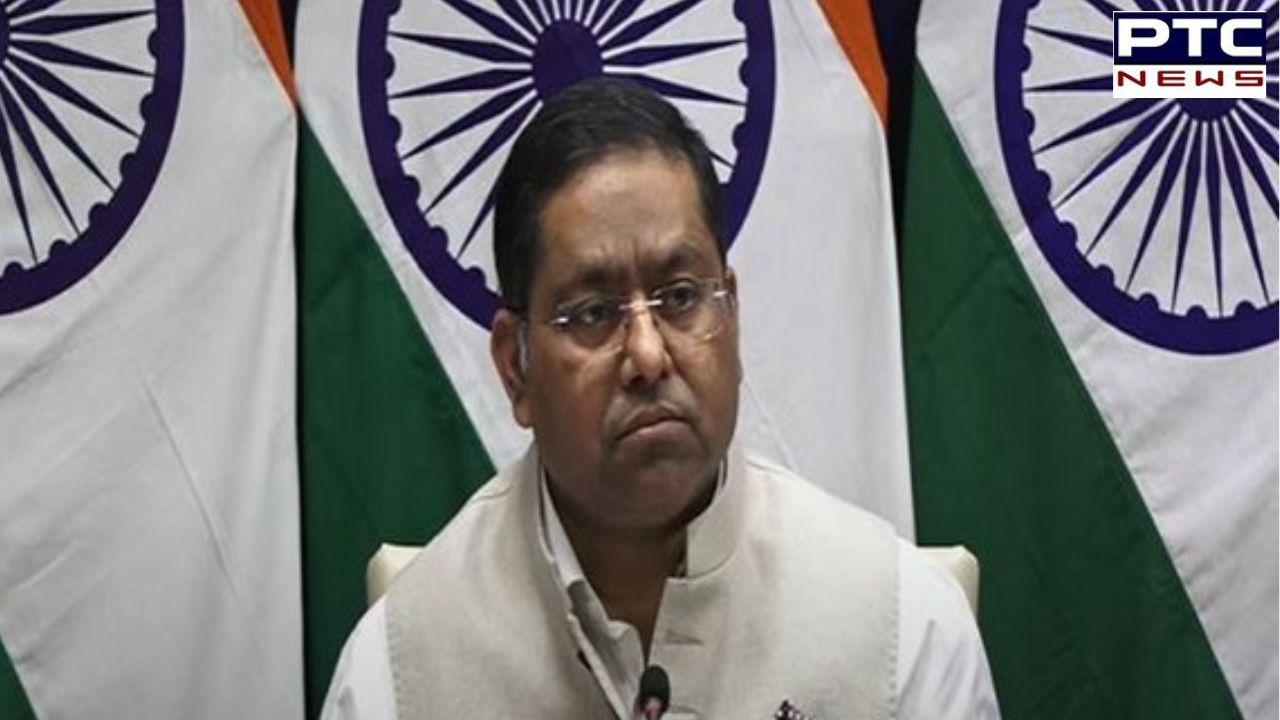March 26, 2025 – India firmly rejected the latest report of the U.S. Commission on International Religious Freedom (USCIRF). Affirmly, it labeled the commission itself a “entity of concern”. The Ministry of External Affairs (MEA) criticized the USCIRF for its comments on religious freedom in India.
Evidently, it claims that the report misrepresents India’s diverse and pluralist society.
India’s Response to the USCIRF Report
MEA spokesperson Randhir Jaiswal stressed India’s approach to religious diversity. “India is home to 1.4 billion people who practice all of the world’s religions”. Jaiswal commented on his doubts that the USCIRF would ever engage with India’s pluralist social structure by noting,
“There is no expectation that the USCIRF would engage with the reality of India’s pluralistic framework or acknowledge the peaceful coexistence of its diverse communities.” Furthermore, during his conclusion to the press statement, Jaiswal even suggested certain things for the USCIRF.
As a governmental commission, it should be labeled as an entity of concern due to the nature of its criticisms.
USCIRF’s Charges
As a matter of fact, the USCIRF’s annual report focused on concerns about the treatment of religious minorities in India. Consequently, the report accused the Indian government of Prime Minister Narendra Modi and his Bharatiya Janata Party (BJP). It was based on creating rhetoric and policies that allegedly discriminate against Muslims and other religious minority groups.
Historical Context and Previous Refusals

India has refuted the recommendations issued by the USCIRF before, and its refusal to buy into the commission’s reports has been consistent throughout the years. India has labeled reports of the commission as biased.
Additionally, misconceived and lacking an understanding of intricacies in the Indian social fabric. The Indian government reiterates that it has inclusive policies, emphasizing that the claims of religious discrimination against minorities have no basis.
The Fallout for India-U.S. Relations
The recommendations from the USCIRF, including calls for legal ramifications towards RAW, could jeopardize upper-level diplomatic relations between India and the United States.
However, analysts do not believe the U.S. government will heed the USCIRF recommendations based on the report’s non-binding status. Subsequently, maintaining a constructive relationship with India is vital as part of a strategy to counter China.
India has clarified its futile indifference by denying PG’s report and labeling the commission an “entity of concern.” Henceforth, this showcases the ongoing tension of the Indian government toward a credible institution determining the loss of religious freedom.
Notably, the USCIRF has reiterated its fears of the deterioration of treatment toward religious minorities in India. Meanwhile, the Indian government flatly defends its values and the pluralism present in the nation.


